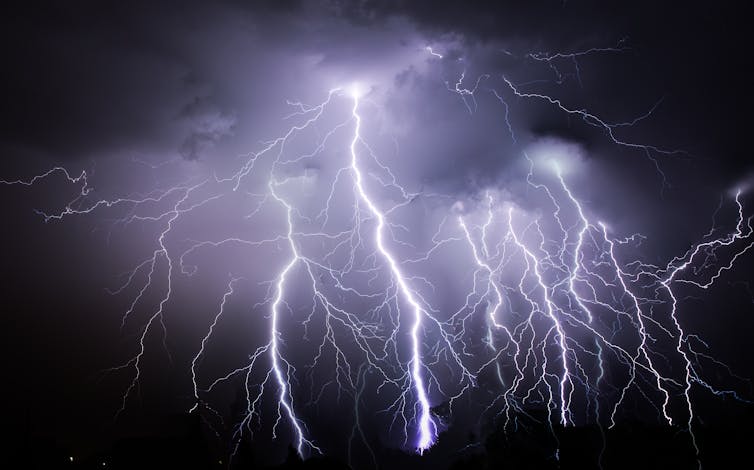The Way of the Ancestors and how it can help us hear The Voice
- Written by Janet McCalman AC, Emeritus Redmond Barry Distinguished Professor, The University of Melbourne

This short, elegant book by Marcia Langton and Aaron Corn, may well be one of the most important ever published in Australia. Its timing could not be better, but that was not by design.
Review: Law: The Way of the Ancestors – Marcia Langton and Aaron Corn (Thames and Hudson)
The disintegration of any accord between colonised and colonising, between Indigenous Australia and the rest of us, under the barrage of resentment, lies[1] and calculated incomprehension of the “No” campaign, is a consequence of the continuing ignorance on the part of the colonisers.
The book opens a window into the private Aboriginal world of law, justice and politics. Much remains the secret business of men and women, but we can now begin to understand the moral frameworks of human governance among our First Nations.
Read more https://theconversation.com/the-way-of-the-ancestors-and-how-it-can-help-us-hear-the-voice-213858

















